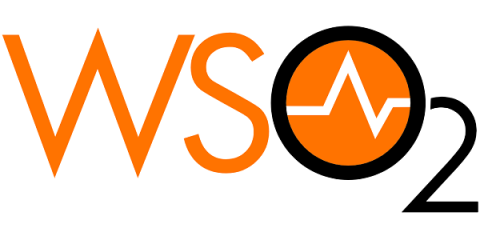Systems | Development | Analytics | API | Testing
Latest News
The 6 Best FREE Open-Source ETL Tools in 2023
A Comprehensive Guide to Automation Testing & its Types
Automation testing is a technique in which testers leverage automated software tools for executing test cases. These tests typically include operations that are repetitive in both their nature and outcome. Automating the test suite helps in saving time and effort required in performing repetitive and resource-heavy tasks that are difficult to perform manually. In this blog post, let’s explore the advantages, types, and frameworks of Automation testing.
New in Databox: Get Insights on Your Top KPIs with the Metric Detail Page
Enriching Streams with Hive tables via Flink SQL
Stream processing is about creating business value by applying logic to your data while it is in motion. Many times that involves combining data sources to enrich a data stream. Flink SQL does this and directs the results of whatever functions you apply to the data into a sink.
Does the Data Warehouse Sit on a Single Physical Database?
WSO2 Named a Strong Performer in "Customer Identity and Access Management, Q4 2022" Report by Independent Research Firm
With Office Expansion and New 7-year Lease, SmartBear Expands Investment in Somerville, Massachusetts
What's new in NeoLoad 9.1
We are excited to announce the release of NeoLoad 9.1. Along with enhancements to RealBrowser for browser-based testing (read the NeoLoad 9.0 release blog for more information on RealBrowser), we are also bringing you additional functionality to further increase NeoLoad’s value.
Test Case vs. Test Scenario: Differences, Types, and Best Practices
In software testing lifecycle, you’d come across two of the most common terms: test cases and test scenarios. After all, these are the building blocks of testing. Getting them right is critical to product success. Test scenarios are derived from a use case, whereas a test case is derived from a test scenario. Using both, we ensure software quality and robustness. Bit tricky, right?











